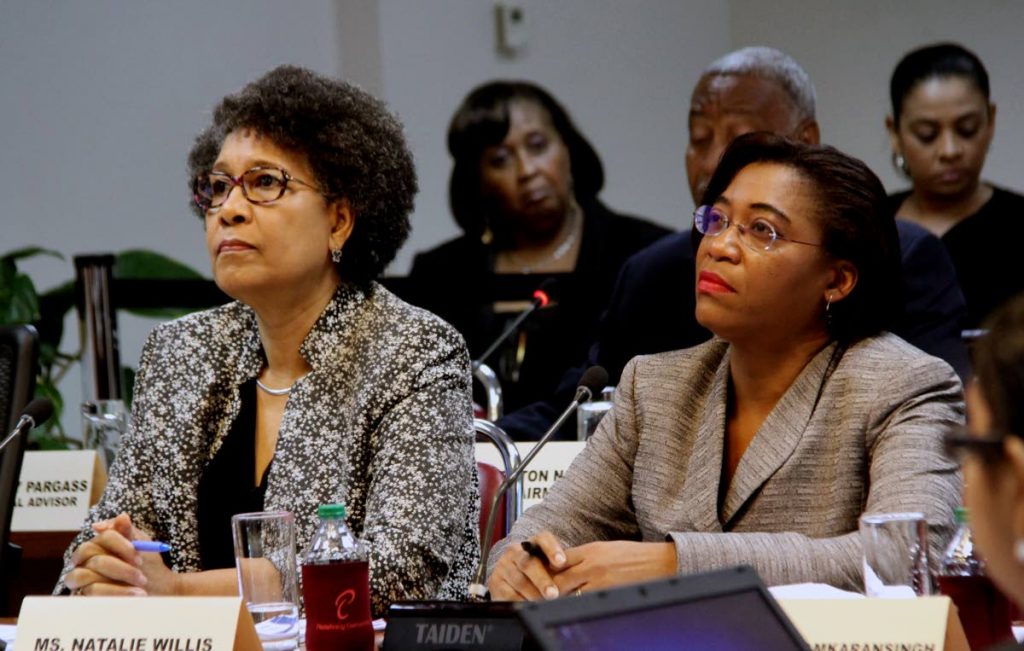Workers fear job losses

FEAR of losing a job is the main reason why sexual harassment is under-reported in the workplace. Employers Consultative Association (ECA) interim CEO Stephanie Fingal made this point yesterday at a public hearing held by the Human Rights, Equality and Diversity Joint Select Committee (JSC) at Tower D of the Port of Spain International Waterfront Centre.
When sexual harassment happens, Fingal said, the victims feel intimidated, threatened and ashamed. Where their employment is involved, Fingal said people are reluctant to come forward.
She referred to a case where a woman was sexually harassed but “felt sorry for the perpetrator,” saying the victim was crying and wanted to discontinue the matter.
Fear of losing jobs, Fingal continued, was greater in “owner-managed businesses.”
Her comments resonated with Rural Development and Local Government Minister Kazim Hosein, who recalled receiving many sexual harassment complaints when he was San Fernando mayor. Hosein said, “For people to get work, it is alleged, they must take part in certain activities before they get the work.” He said this happens “especially in local government,” throughout all 14 corporations, and asked what could be done to instil fear in potential perpetrators and “set an example throughout the country.”
Of 13 sexual harassment cases reported recently, Hosein said women were the victims in two cases, one case was male-to-male and another was female-to-female.
The Labour Ministry’s acting chief labour relations officers Sabina Gomez suggested that all collective agreements with local government corporations should include a sexual harassment policy and guidelines, and the ministry could hold a workshop to educate local government stakeholders about sexual harassment.
Hosein welcomed her suggestion and promised his ministry’s co-operation. Gomez also said many of the figures of sexual harassment complaints the ministry receives are inaccurate because “they come disguised as other things.”
The Equal Opportunity Commission’s legal services director Haran Ramkaransingh said the highest incidence of sexual harassment in the workplace was “electronic messages with sexual content,” and second was victims being groped in public places.
Ramkaransingh said while sexual harassment is not seen as a widespread issue in TT, when it happens, “it has been a very problematic issue.” He said if companies do not have the “nitty-gritty” to deal with sexual harassment complaints, the situation could “spiral out of control.”
Ramkaransingh also said no court can order an organisation to fire an employee who has been accused of sexual harassment and observed the dismissal of NBC news anchor Matt Lauer in the US in 2017 for inappropriate sex behaviour was the result of “public pressure.”
ECA chairman Keston Nancoo said the demographics in several organisations showed there are more women in the workplace today, and opined that some sexual harassment situations happening in the workplace could be the result of a “master-servant kind of relationship.”


Comments
"Workers fear job losses"